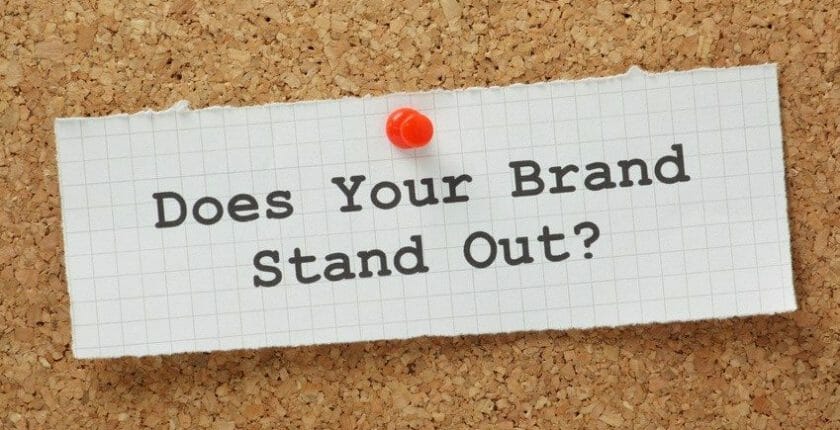Pipe joints. Printer paper. Wires. While not the most exciting products, they are crucial, often repeat, purchases for companies. But just because your product seems boring on its face, a brand can help it take on a life of its own, highlighting the benefits of your products over your competitors’, ensuring that your brand is the one that your B2B customers ask for by name.
While many B2B suppliers believe that campaigns should focus on messages like sustainability, corporate social responsibility, and global reach, a 2012 research study by Forbes indicated that customers care most about honesty, responsibility, and level of expertise. The same study revealed that brand has an 18% share in buyer motivations across the board, particularly in tangible goods. This suggests that professional buyers, just like B2C customers, use a company’s brand as a shortcut to simplify the evaluation process when faced with dozens of different options.
The fact that irks me the most about B2B products is that, so often, they are built by engineers, for engineers. The company’s Web team: engineers. The sales team: engineers. Don’t get me wrong – I love engineers; every time I get in an airplane, I give silent praise to the talented and educated men and women who are confidently lifting me 35,000 feet in the air and depositing me safely across the country. But engineers, pragmatic and methodical, often don’t see the value in brands. The product features an angled connector that makes it easier to attach to another widget. That should be enough, shouldn’t it?
Unfortunately, not always. Contractors, engineers, architects, and other decision-makers in the B2B industry fill out a materials sheet identifying the products that must be purchased, but some line items on the materials sheet are generic references (“exterior sheathing”), whereas others are named purchases, (“GlassRoc® sheathing”). What’s the difference?
Customers who name their purchase by brand do so because they understand the key differences between you and your competitors. It’s not enough to simply be a better product. You have to communicate your product’s benefits to avoid being just another widget. That communication happens through advertising your brand. As a B2B product, it’s crucial to your success that you become a top-of-mind choice for B2B customers.
Strong B2B brands are typically built around the human element (like this ad for Dow Chemical). Creating an emotional bond between viewer and product is common in B2B advertising. See how a steel company did it here. And humor isn’t out of the question either.
Whether our customers admit it or not, brands have always and will always play a role in B2B purchasing decision. As the once iconic Big Blue liked to remind its customers, “nobody ever got fired for buying IBM.”
I'm the Director of Digital Services and Partner at Ballantine, a family-owned and operated direct mail & digital marketing company based in New Jersey. and started in 1966 by my great uncle!


